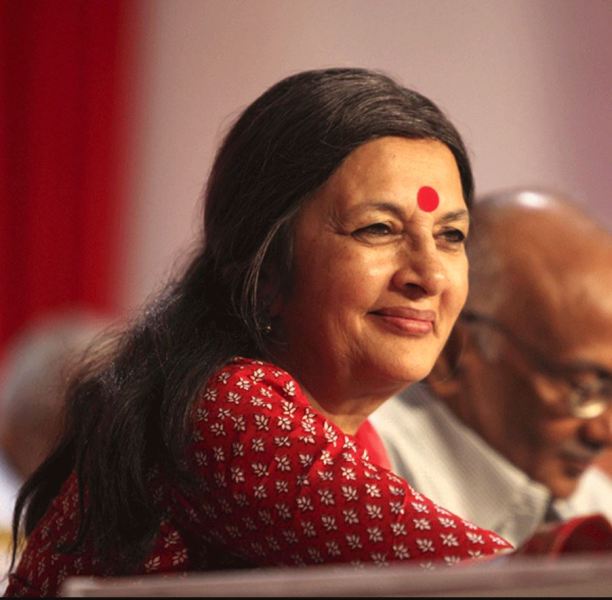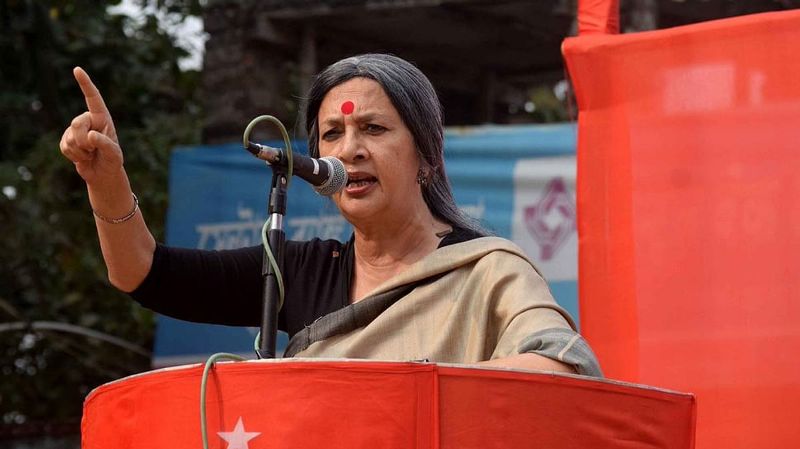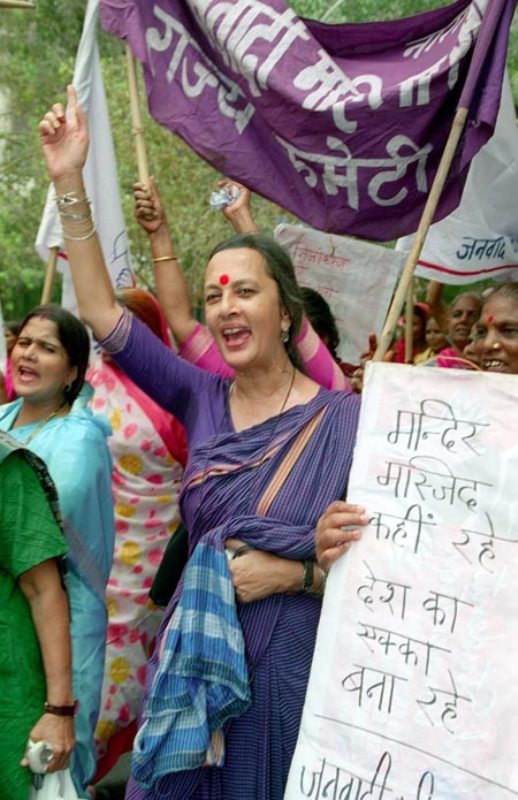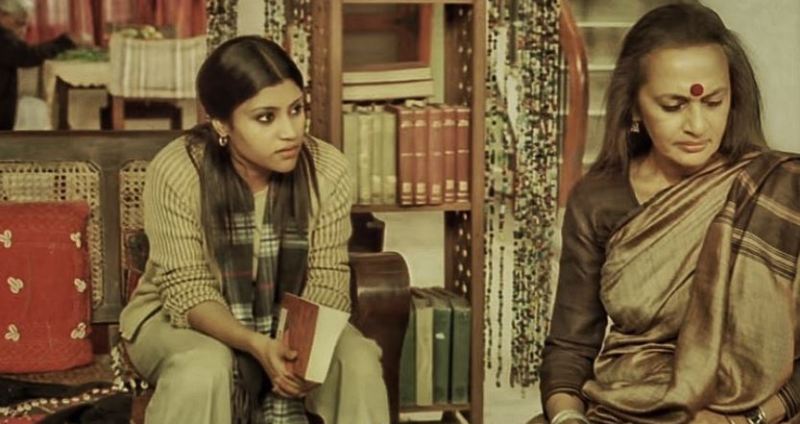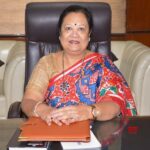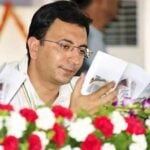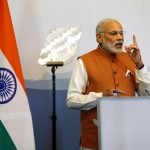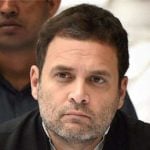Brinda Karat Age, Caste, Husband, Children, Family, Biography & More
| Bio/Wiki | |
|---|---|
| Profession | Politician |
| Physical Stats & More | |
| Eye Colour | Black |
| Hair Colour | Salt and Pepper |
| Career | |
| Political Party | 2005-2011: Politburo of the Communist Party of India (Marxist) |
| Personal Life | |
| Date of Birth | 17 October 1947 (Friday) |
| Age (as of 2024) | 77 Years |
| Birthplace | Calcutta, West Bengal, India |
| Zodiac sign | Libra |
| Nationality | Indian |
| Signature |  |
| Hometown | Calcutta, West Bengal, India |
| School | Welham Girls' School, Dehradun, India |
| College/University | • Miranda House College, Delhi • Calcutta University |
| Educational Qualification(s) | • Brinda attended Welham Girls' School, Dehradun for her school education. [1]Mint • After completing her school education, she went on to attend Miranda House, Delhi for obtaing a degree in Arts in 1967. [2]Rediif • Later, for attaining practical training in politics, she joined Calcutta University and attained a MA degree in history. [3]Rediif |
| Food Habit | Non-Vegetarian [4]Mathrubhumi |
| Address | Block -G, Gyan Goswami Sarani New Alipur, Kolkata |
| Relationships & More | |
| Marital Status | Married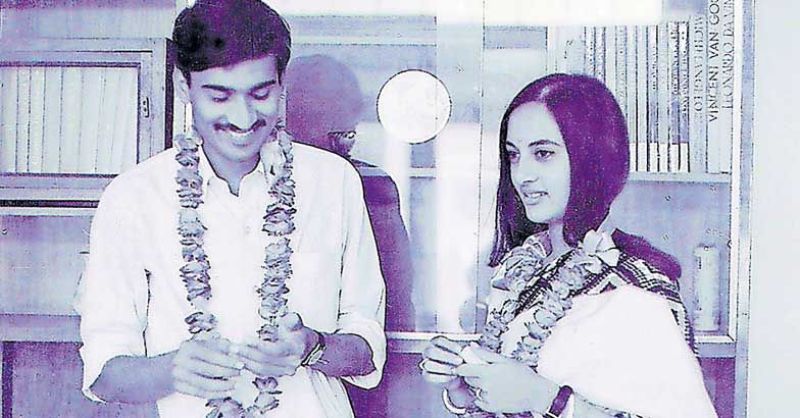 |
| Marriage Date | 7 November 1975 |
| Family | |
| Husband | Prakash Karat (Indian politician)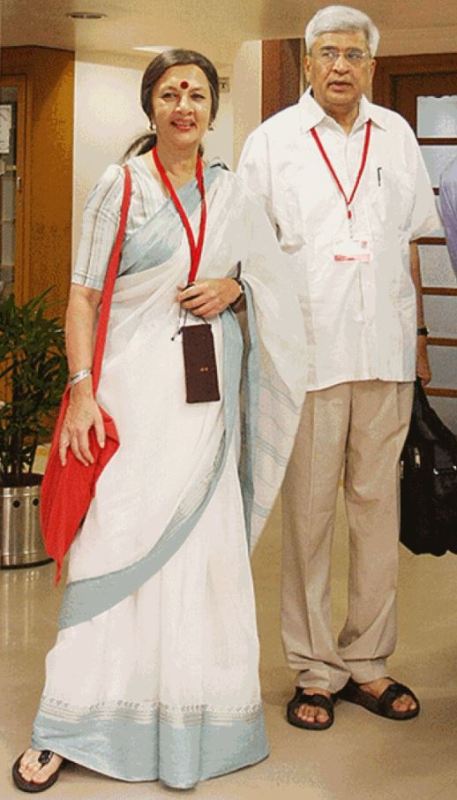 |
| Parents | Father- Suraj Lal (a port commissioner's officer, and later became a director in reputed companies in the corporate sector) Mother- Oshrukona |
| Children | The couple has no children. [5]India Today |
| Siblings | • Sister- Radhika Roy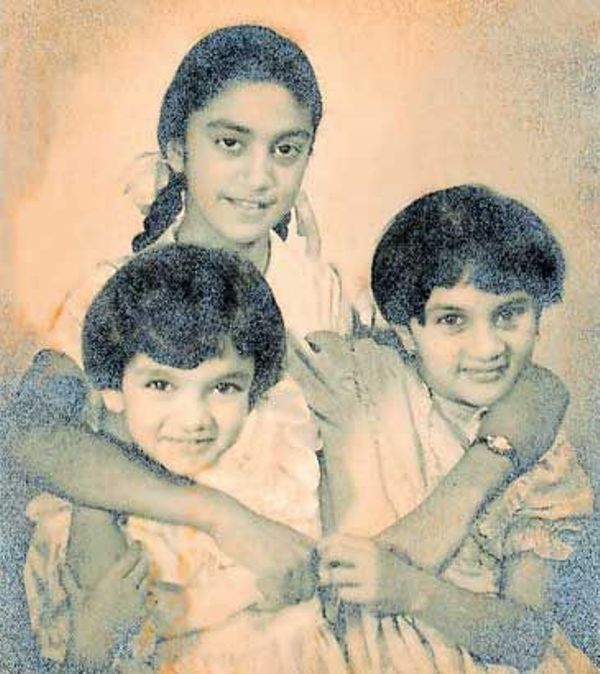 • Brother-in-law- Prannoy Roy • Relative- Arundhati Roy • Nephew- Vijay Prashad (an Indian historian) Note: Her one sister and a brother were died early. |
| Money Factor | |
| Cash (as of 2014) | Rs. 4,500 [6]My Neta |
| Deposits in Banks (as of 2014) | Rs. 71,175 [7]My Neta |
| LIC or other insurance Policies (as of 2014) | Rs. 1,05,954 [8]My Neta |
| Net Worth (as of 2014) (approx.) | Rs. 1,81,629 [9]My Neta |
Some Lesser Known Facts About Brinda Karat
- Brinda Karat is an Indian politician. On 11 April 2005, she was elected as the Rajya Sabha member of the Communist Party of India (Marxist). Brinda was the first woman who became a member of the CPI(M) Politburo in 2005. From 1993 to 2004, she also served as the general secretary of the All India Democratic Women’s Association (AIDWA). Later, she was promoted as the vice-president of the AIDWA.
- After completing her graduation from Miranda House in 1967, Brinda left for London. In London, she worked for three years with Air India at Bond Street. Brinda protested against the wearing of saree in the airlines and demanded a mandatory wearing of skirts while working for Air India. Since then, any woman working for The Air India airline can opt for a saree or skirt as their uniform according to her own wish as the rule was agreed by the Air India headquarters after the protest initiated by Brinda Karat.
- During her working tenure in Airlines in London, she accompanied the anti-imperialist and anti-war campaigns amid the Vietnam war and also got attracted to the Marxist ideology. Brinda wanted to spread that ideology in India too. [10]Rediff In an interview, she explained the situation when she bent towards Marxist ideology. She spelt out,
When I was in London a lot of Indian students were there. They were all studying. I was the only one working. At that time, in all of Europe and across the Atlantic, there was a huge movement against US intervention in Vietnam. I was part of an Indian students group there but I was never part of any institution. My motivation was to bring back home that awareness in the Indian context, which was borne in me abroad.”
She further elucidated the Marxist ideology,
In those days our education oriented students with social concerns. We considered poor people as bichare but when I started reading Marx and other books I understood that our whole approach was so patronising and welfare oriented.”
- In 1971, she quit her job in London and came back to India. Brinda began her political work as a student activist while campaigning for the CPI(M) party. Soon under the guidance of CPI(M), she enrolled herself in Calcutta University for practical training in politics. In the beginning, she participated, along with the campus students, in political rallies, later on, she worked at a refuge camp amid the Bangladesh war in Calcutta. With the passage of time, she started writing articles in the Party’s weekly magazines, and later, she was appointed as a full-time worker in CPI(M). In a conversation with a media house, she stated how she joined the CPI(M),
The issue of inequality between the rich and poor motivated me the most and inspired me to join the party (CPI-M). Marxism provided lots of answers to me. I returned to Calcutta. I contacted the party. The party suggested I rejoin university and try to understand practical politics.”
- Brinda Karat shifted to Delhi in 1975. In an interview with a media house, she stated the reason for her shifting from Calcutta to Delhi. She said,
In 1975 I shifted to Delhi because I wanted to work in the trade unions. At that time our party general secretary was Comrade P. Sundaraiah. He was ahead of his time. He had a clear perspective of the area of work to assign workers. He had a sensitive cadre policy. I was privileged to join the party in Delhi when he was the leader. I was accepted and got my membership.”
- She got married to Prakash Karat on 7th November 1975. In an interview, she told about her love marriage with Prakash. She said that she fell in love with Prakash when they were in CPIM. They dedicated theirs lives to serve the party. She further added that it was not possible for them to marry a person who was not a part of the CPIM. She added,
How can those who do not agree with basic ideas agree? What happened before they exchanged blood – ” We both made every vow. Without think of each other, without showing each other. We read it.”
- In 1975, she began serving as an organiser of the trade union along with the workers of the textile mill in North Delhi. She recalled an incident during her working with a textile mill when she was named ‘Rita Karat’ by her colleague. She said,
I was working in the branch of textile mill workers in Delhi. Comrade Sriram, who was in charge of the branch, said they could not call me by the name Brinda It was he who gave me the name Rita. I was Rita till the Emergency was over. Many people did not know Rita Karat and Brinda Karat were one person.”
- Brinda made her name while working and fighting for the worker’s and women’s movements in India. In the 1980s, she received notable recognition when she participated in a campaign to reform rape laws in India. She actively participates against gender issues and often raised her voice for the adequate characterization of women in leadership within the party.
- Brinda was appointed as the Rajya Sabha member of CPI(M) from the West Bengal constituency on 11 April 2005. In the same year, she became the first woman member who was designated as the highest decision-making body of the party in the Politburo of the Communist Party of India (Marxist). About the CPI(M) party, she narrated in an interview,
It is only the Communist party that can help a person like me, who came from an absolutely non-political background, just driven by ideals and dreams. The party gave me space to think, develop and work.”
- Brinda appeared in Amu, a movie, directed and produced by her niece, Shonali Bose, in 2005. The film was based on the Anti-Sikh riots in 1984. A famous Indian historian Vijay Prashad is Brinda’s nephew.
- In her literary contributions, Brinda wrote a book titled ‘Survival and Emancipation: Notes from Indian Women’s Struggles’ in 2005. This book was written from the viewpoint of a left politician that addressed the challenges faced by women’s movements in India.
- In 2016, Brinda slammed a Kerala CPI(M) leader ‘PN Jayanthan’ for naming publicly a gang-rape survivor. She gave a statement soon after the Kerala leader named the girl. [11]News Minute Brinda said,
Under the present legal framework, we are not to name the victim. So, it was a mistake to have named the victim.”
- Brinda explained about her father in an interview. She said her father Suraj Lal was basically from Lahore, and after partition, he went to Calcutta in search of a job. While in Calcutta, her father first joined the port commissioner’s office. Later, he became a director in reputed companies in the corporate sector.
- According to Brinda Karat, her one brother and a sister passed away at a very early age. She narrated about her siblings in a conversation with the media,
We are one brother and three sisters. My brother and elder sister have passed away. My father brought us up in a liberal and secular atmosphere. Till I was 12 or 13 I lived in Calcutta. Then I went to Welham. I was 16 when I joined Miranda House.”
She further revealed about her stepmother,
Many people think that I started my relationship with Kerala through Prakash. That thought is wrong My mother died when I was five, in 1953. My father remarried in 1960. The bride was Susheela Kuruvila from Kottayam who was in Kolkata at the time.”
- In an interview, she revealed her love for the Indian state of Kerala. She said,
But I love Kerala as a whole. Don’t brand me as a Kannurian though. I am a Bengali, Punjabi, Palakkadan, and a Keralite.”
- The former CBI chief and IPS officer Nageswar Rao tweeted in 2020,
Indian history had been “distorted” with the “whitewashing” of “bloody Islamic invasions/rule”, who “were in charge of Indian mind space” for 20 “out of 30 years (1947-77). Maulana Abul Kalam Azad — 11 years (1947-58)”; “Humayun Kabir, M C Chagla & Fakruddin Ali Ahmed — 4 years (1963-67)”; and, “Nurul Hassan — 5 years (1972-77). Remaining 10 years other Leftists like VKRV Rao.”
Soon after visiting the Tweets, Brinda filed a complaint against Rao with Delhi police under sections 153A and 295A. In the complaint, she pointed that Rao insulted Maulana Abul Kalam Azad and other prominent educationalists of India specifically related to Muslim communities. She also blamed that Rao used derogatory language against them and tried to light up the fire between the two communities.
- In 2018, Brinda Karat opposed the death penalty ordinance.
- In 2019, Brinda opposed Modi governance and stated in a video interview that Modi Failed India and West Bengal.
References/Sources:

